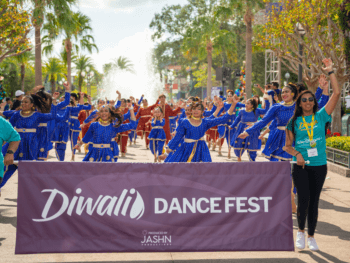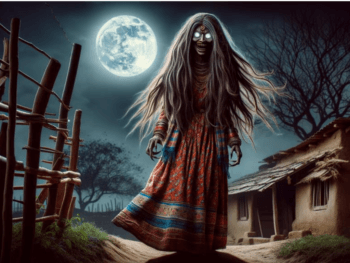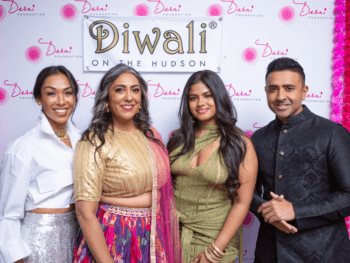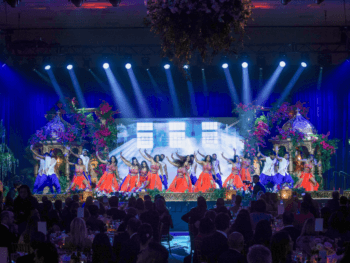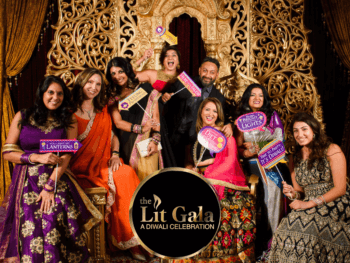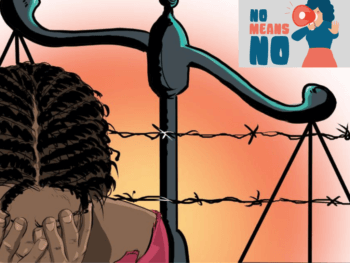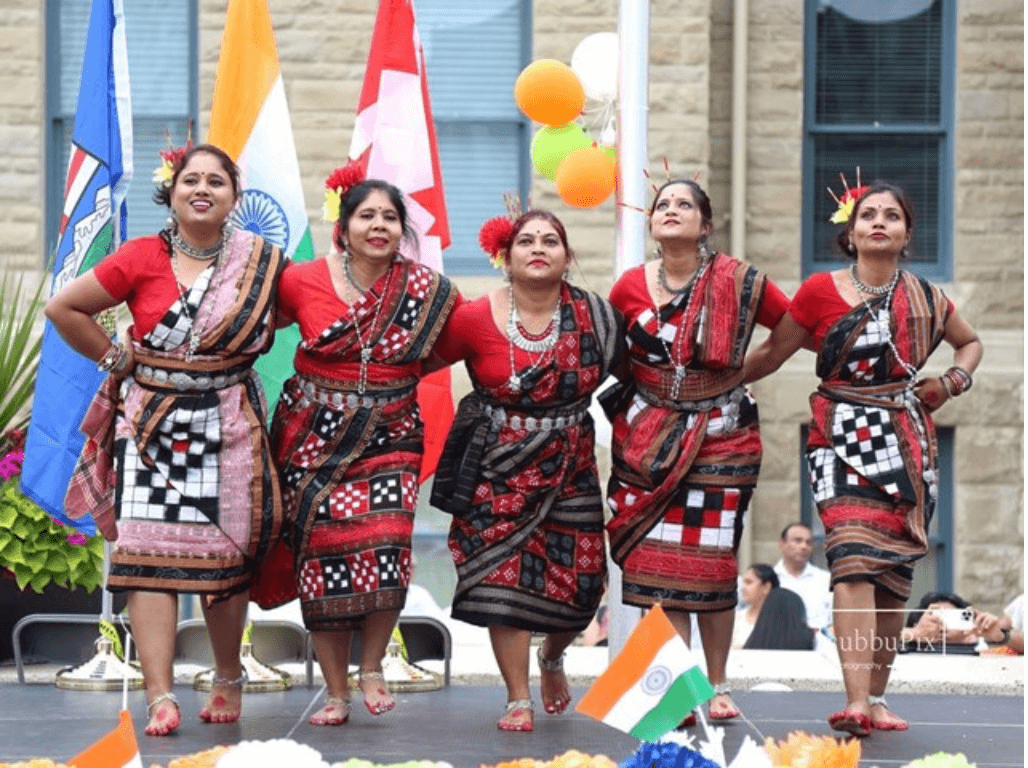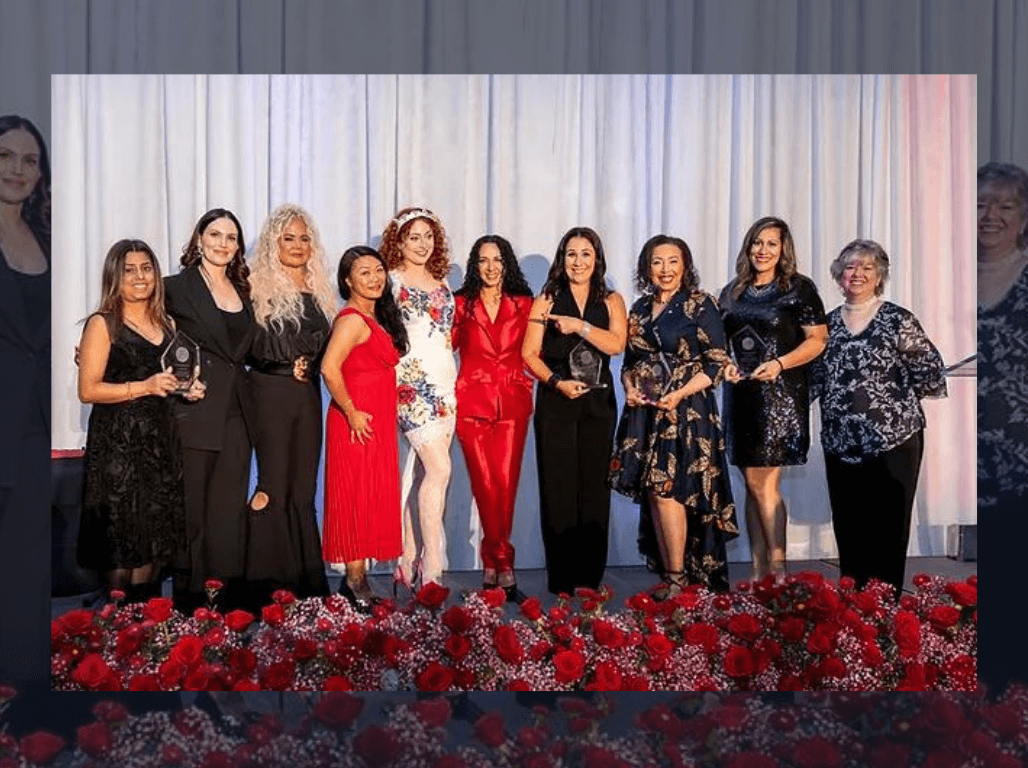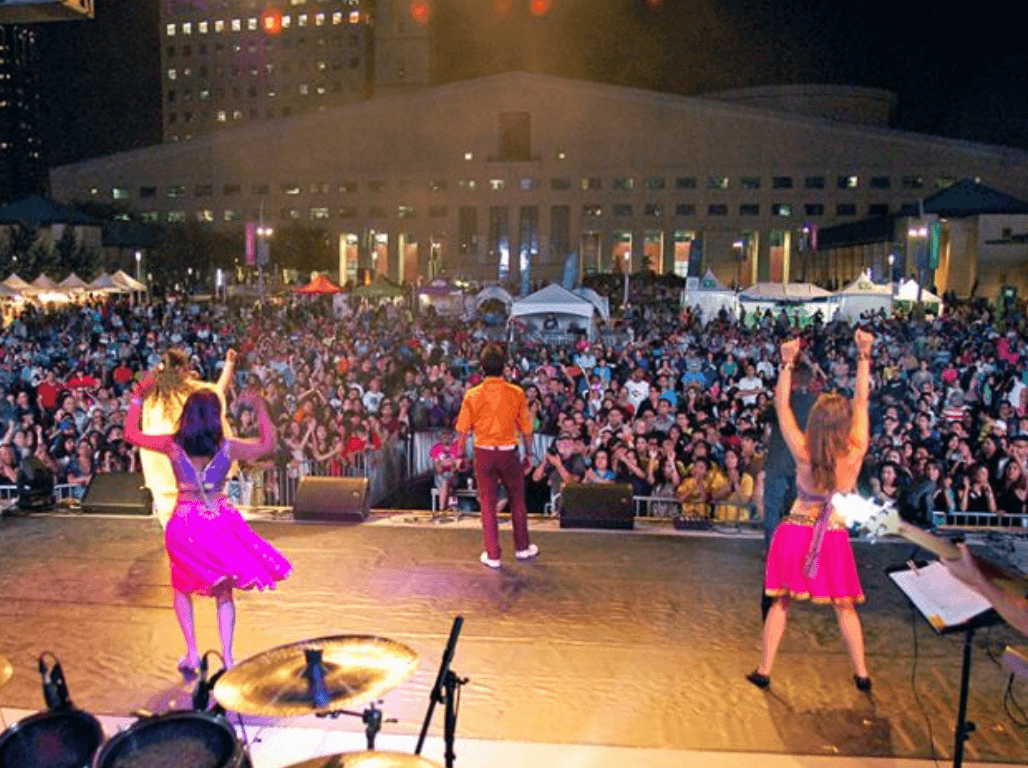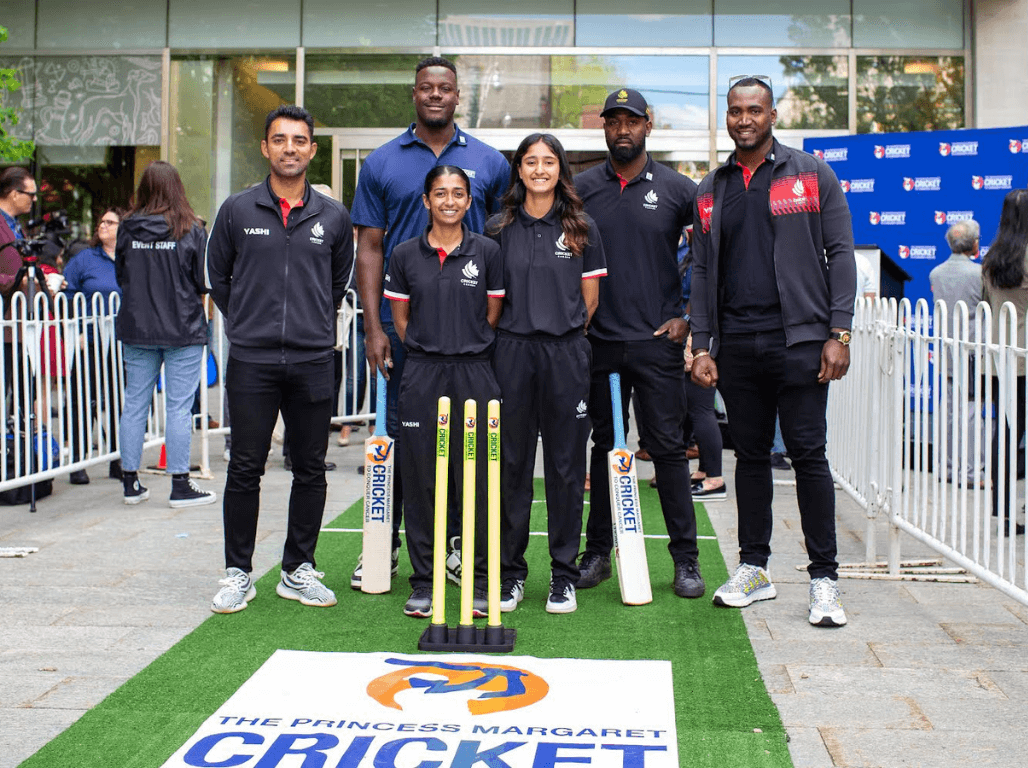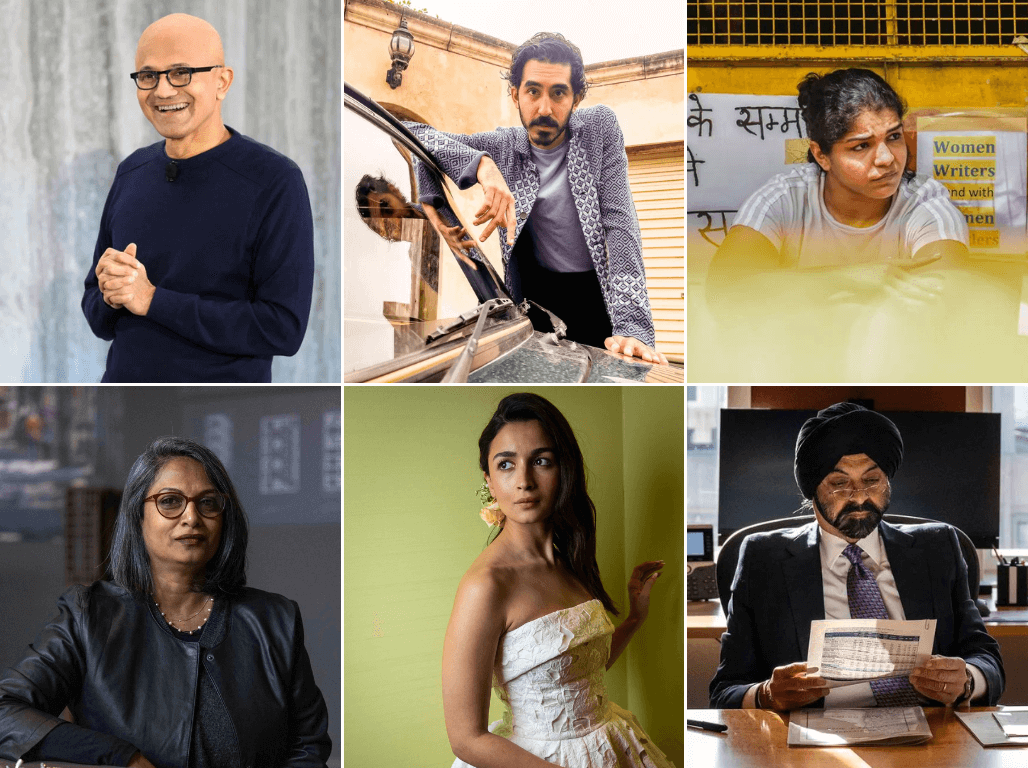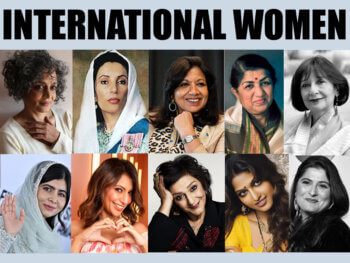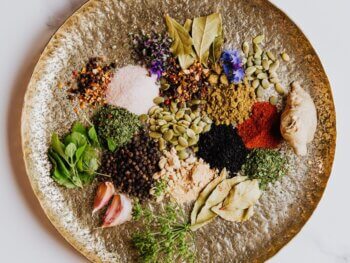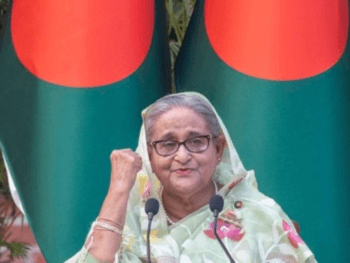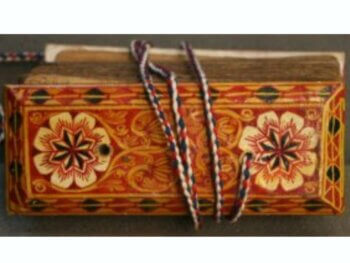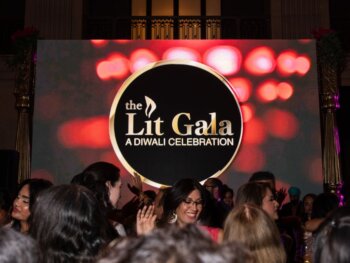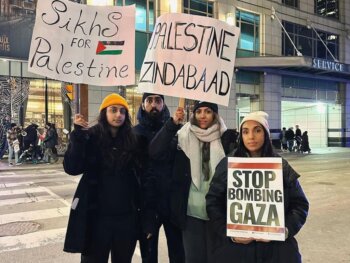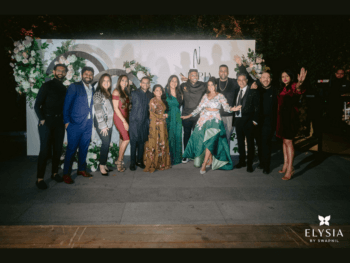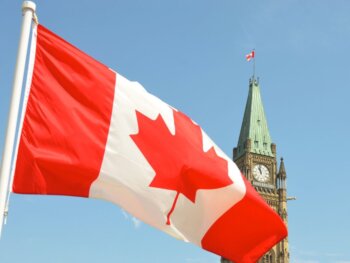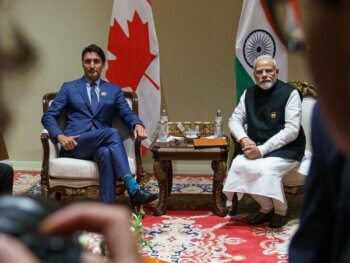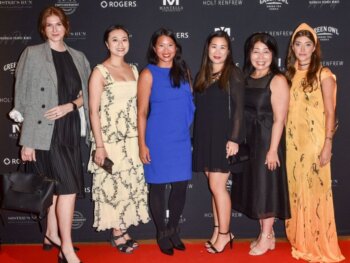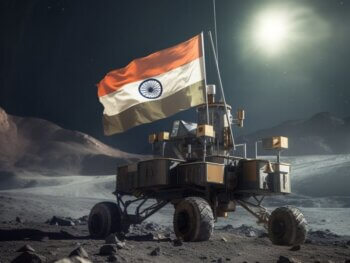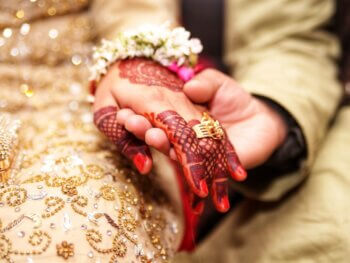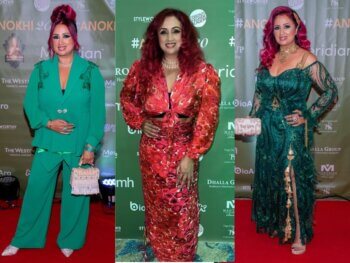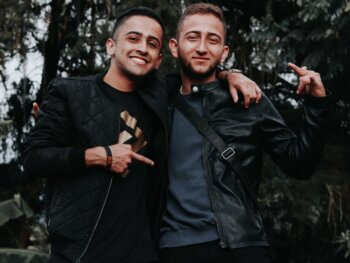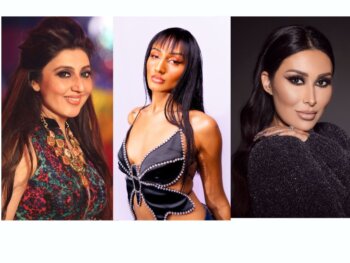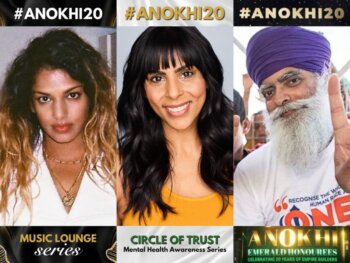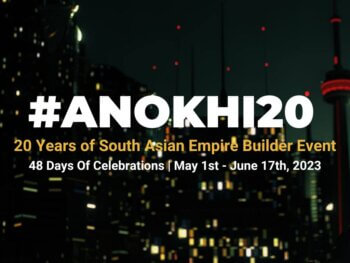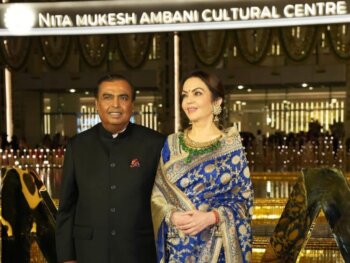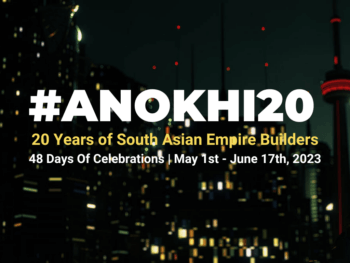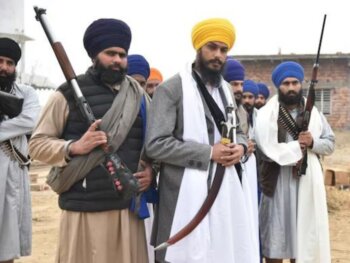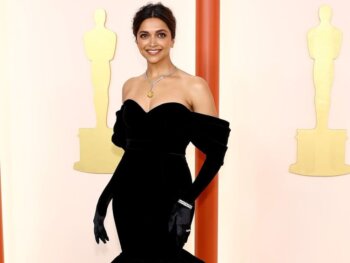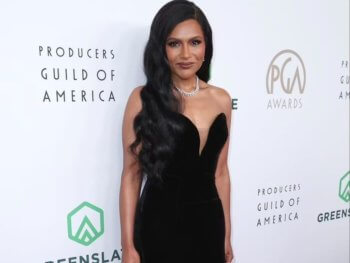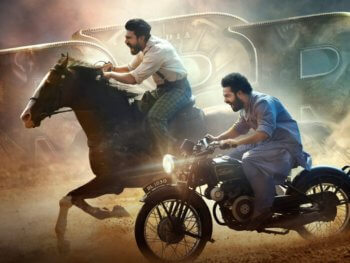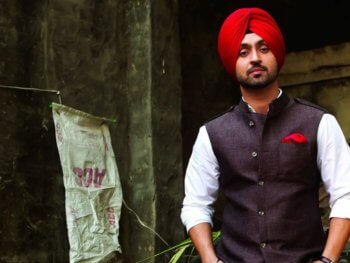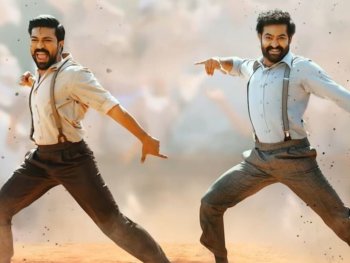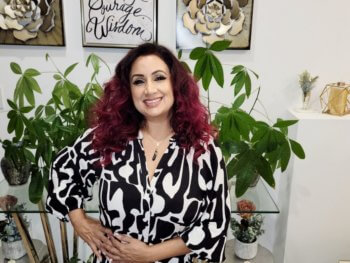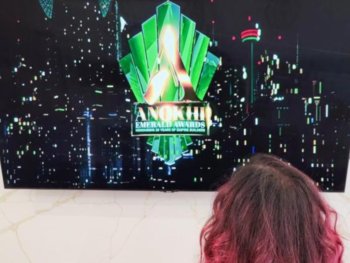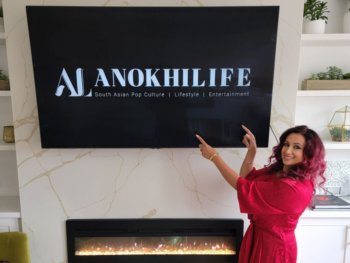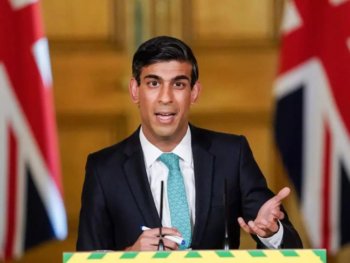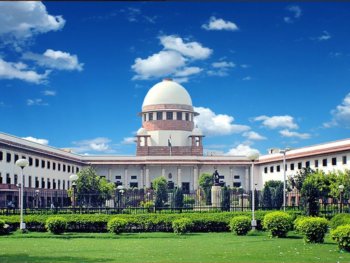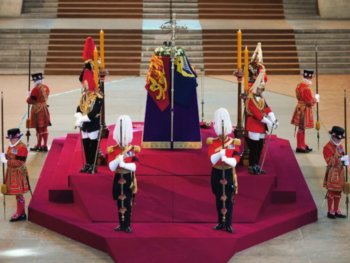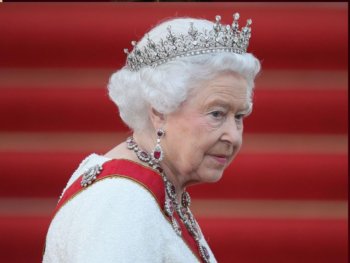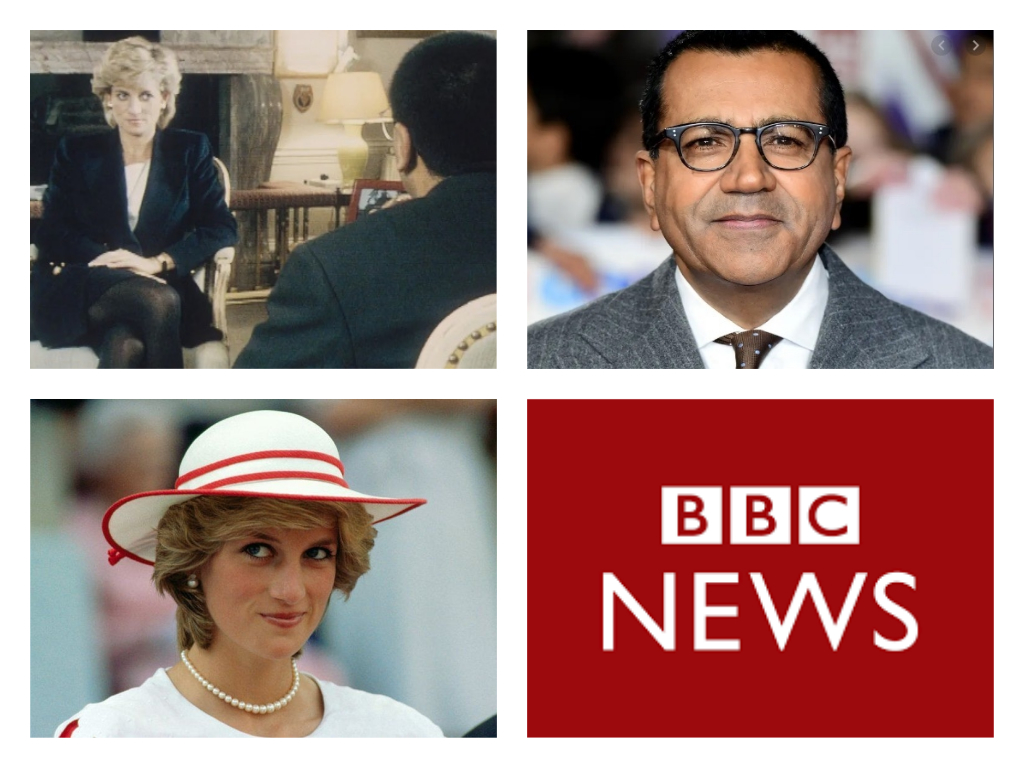
Twitter Reacts To The Dyson Investigation & Martin Bashir Using “Deceitful” Tactis To Land The Historic Princess Diana Interview
Culture May 21, 2021
The Dyson Investigation released their report revealing that BBC’s Martin Bashir used “deceitful” measures to land the biggest get of his relatively unknown career: landing an exclusive interview with Princess Diana. Of course, royal watchers and those who remember this interview had plenty to say. Especially on Twitter.
It was in 1995, during the BBC‘s Panorama docu-series where an unknown journalist managed to land the biggest interview in the world. Martin Bashir’s chat with Princess Diana made global headlines and gave an insider look at the machinations of the Royal Family through Diana’s eyes. Now 26 years later an investigation has revealed that Bashir used what was deemed as “deceitful” measures to land that interview which made him a household name. That included forging financial documents to make it look like royal staffers were being paid to leak information on Diana. Bashir created these false documents and presented them to Diana’s younger brother Charles Spencer, as proof that the princess needed to step in front of the cameras in order to share her side of the story.
Launched six months ago, Lord Dyson a former Supreme Court judge launched an independent inquiry about BBC’s journalistic practices when it came to this specific interview.
According to The Dyson Investigation, they had specific areas of focus:
“What steps did the BBC and in particular Martin Bashir take with a view to obtaining the Panorama interview on 20 November 1995 with Diana, Princess of Wales? This will involve a consideration of all the relevant evidence including (i) the mocked up bank statements purporting to show payments to a former employee of Earl Spencer (ii) the purported payments to members of the Royal Households; and (iii) the other matters recently raised by Earl Spencer not limited to the matters published in the Daily Mail on 7 November 2020.
Were those steps appropriate, having regard in particular to the BBC’s editorial standards prevailing at the time?
To what extent did the actions of the BBC and in particular Martin Bashir influence Diana, Princess of Wales’s decision to give an interview?
What knowledge did the BBC have in 1995 and 1996 of the relevant evidence referred to at paragraph 1 above?
Having regard to what was known at the time of its investigation in 1995 and 1996, how effectively did the BBC investigate the circumstances leading to the interview?”
Sure, this interview would be relevant to a particular generation, however the idea of ethics in journalism (or lack thereof) is relevant to everyone. Remember, these were the days before social media took over our world and the internet was a relative newborn. So being able to land an interview such as this, would definitely be a game-changer. And whomever could do it, would certainly be positioned in the annals of pop culture and royal history. And that person was Martin Bashir.
Twitter was especially vocal when the findings were revealed.
Prince Harry and Prince William immediately released their own statements condemning the practices of Bashir and the BBC.
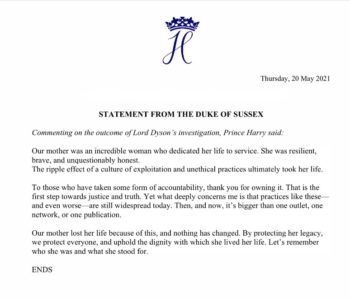
Prince William released a short video addressing his concerns.
A statement on today’s report of The Dyson Investigation pic.twitter.com/uS62CNwiI8
— The Prince and Princess of Wales (@KensingtonRoyal) May 20, 2021
Dedicated Royal watchers took to twitter to express their frustration at the Crown corporation.
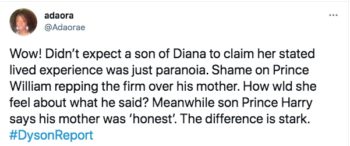
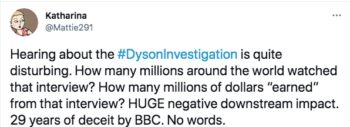
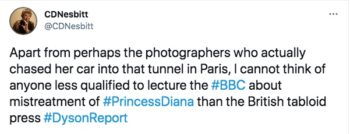
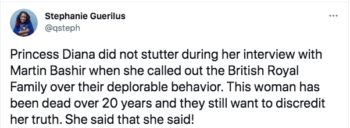
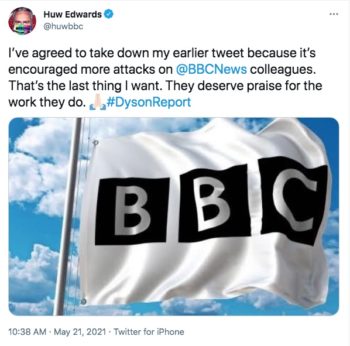
The BBC has since issued a formal apology for not taking stronger action and vowed to clean up their journalistic practices moving forward. Time will tell.
Main Image Photo Credit: www.bbc.com (Bashir interview, logo, Princess Diana), www.independent.co.uk (Bashir)
Hina P. Ansari
Author
Hina P. Ansari is a graduate from The University of Western Ontario (London, Ontario). Since then she has carved a successful career in Canada's national fashion-publishing world as the Entertainment/Photo Editor at FLARE Magazine, Canada's national fashion magazine. She was the first South Asian in...
























































